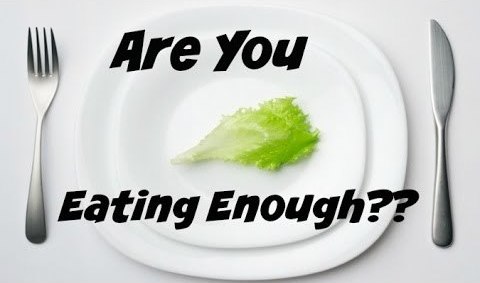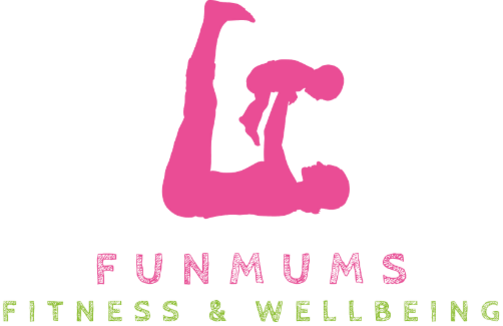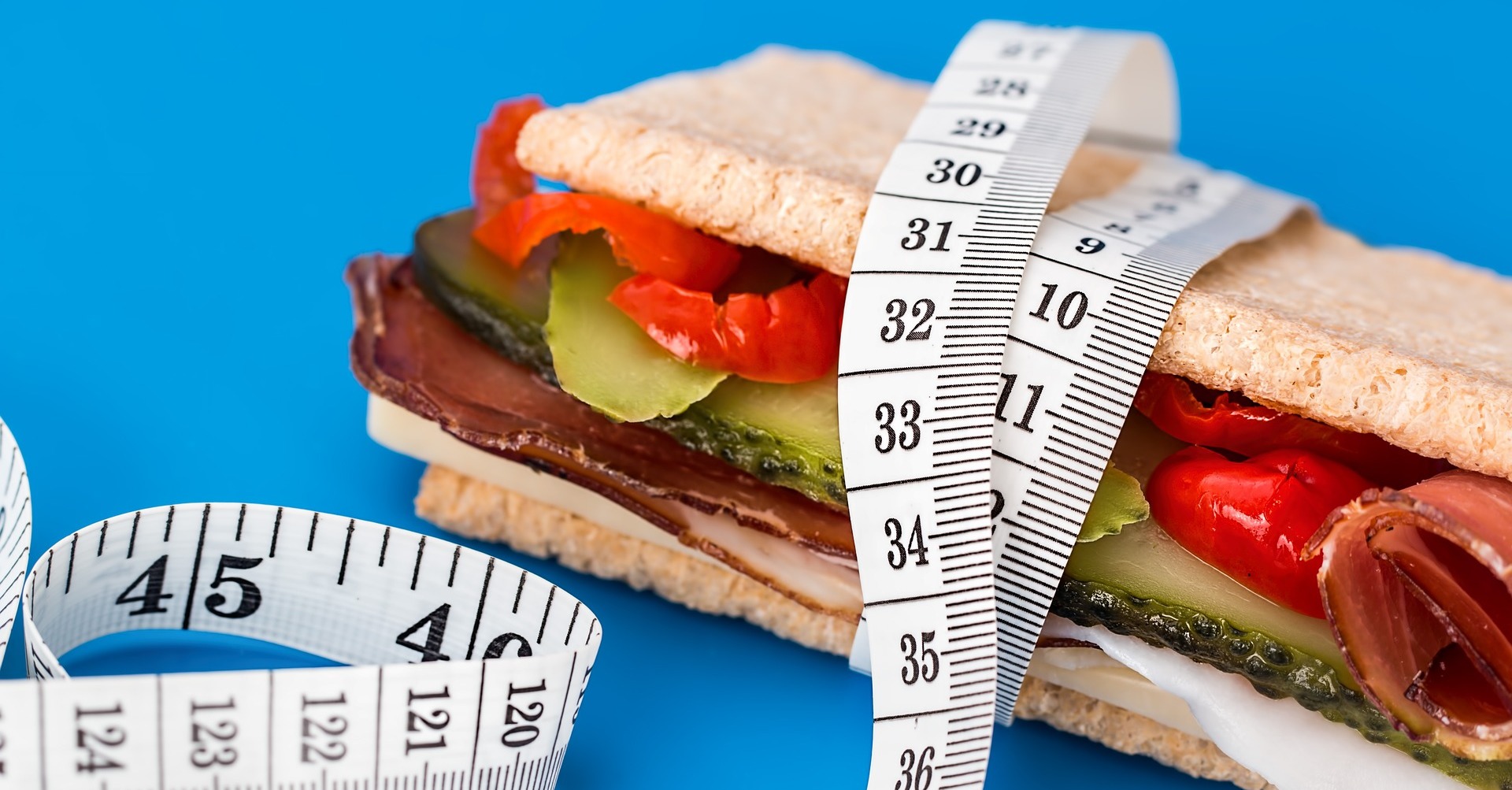How Many Calories Should You Eat?
28th June 2021
I bring you a topic today which is never spoken about enough, as most of us still haven’t got the right mindset about it: How many calories you should eat? Have you actually calculated how much calories you should eat? Do you know how to calculate it? Or do you just follow a rapid weight loss diet which says 800 kcal a day is enough for you ?
Every time I hear from a client that she is on a diet, which allows her to eat 1000 kcal a day, I want to scream.
It is the same when we calculate the calories which our clients should eat to lose weight, and they don’t listen because they think they know better. They think that if they eat fewer calories than that which we have calculated for them, the weight loss will happen quicker and they will lose more weight – so they end up eating 800-1200 kcal a day.
Did you know that you should eat 1200 kcal a day if you are a toddler?
Your body needs 1800-2000 kcals daily to function properly.
To calculate your exact calorie needs you need to calculate your BMR (Basal Metabolic Rate). This number will tell you the minimum number of calories required for basic functions at rest.
Your BMR will depend on your weight, age, height and your activity level.

If you want to find out your BMR have a look at the calculator here:
If your goal is weight loss, you will need to have a calorie deficit to have a negative energy balance (eat fewer calories than what you burn). This calorie deficit should be 500 kcal/day, so the amount of the calories you got by calculating the BMR, you will reduce by 500 kcal. This will lead you to about 1-2 lb weight loss weekly which is the ideal, healthy and sustainable way of doing it.
You might think this result is too slow, disappointing or not motivational for you, but you need to bear in mind that weigh loss is a slow process, not a race.
If you eat less than you should, and you have a 700 kcal deficit ( you eat 700 kcal less than your body needs) the body will start to utilize lean tissue for energy rather than body fat. As quality and quantity drops, your ability to burn of the food declines, and you store excess calories as fat.
Bigger calorie deficits will lead you to quicker weight loss, but not all of it will be body fat, there will be loss of muscles too. This means you will end up with decreased strength and fitness levels.
This is not ideal for weight loss as the aim should be to lose fat, not muscles.
As a result of not eating enough, we are programmed to keep weight on. When you start losing weight , your metabolism slows down: a smaller body can burn less calories.
In fact the calories you burn can drop by 40 % , so even though you are eating less, you might hit a weight loss plateau or start gaining weight.
What happens to your body when you don’t eat enough?
-metabolism slows down ( as I explained above)
-weight stays constant
-muscle loss ( as I explained above)
-hormonal changes which will drive hunger
-fatigue, lack of energy
-mood swings, irritability
-sleeping issues
-feeling cold
-losing hair
-fertility problem
-constipation
If you are trying to lose weight and you are experiencing any of the symptoms above then it is time to think about your calorie intake.
Do you eat enough to lose weight?
Give us a shout if you need help with calculating the right calories for you, if you feel like you are not on the track with your calorie intake, or if you need any nutrition related advice.
Emese
Share this post:





